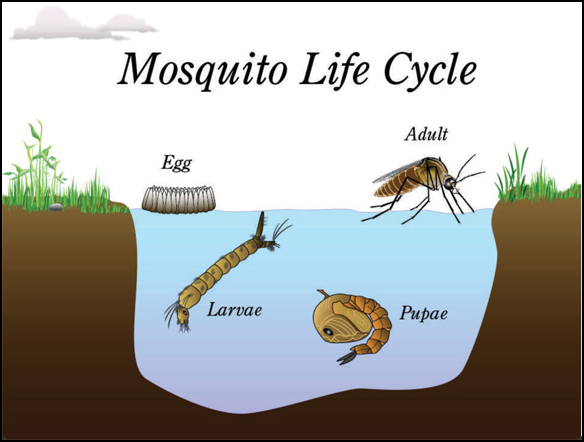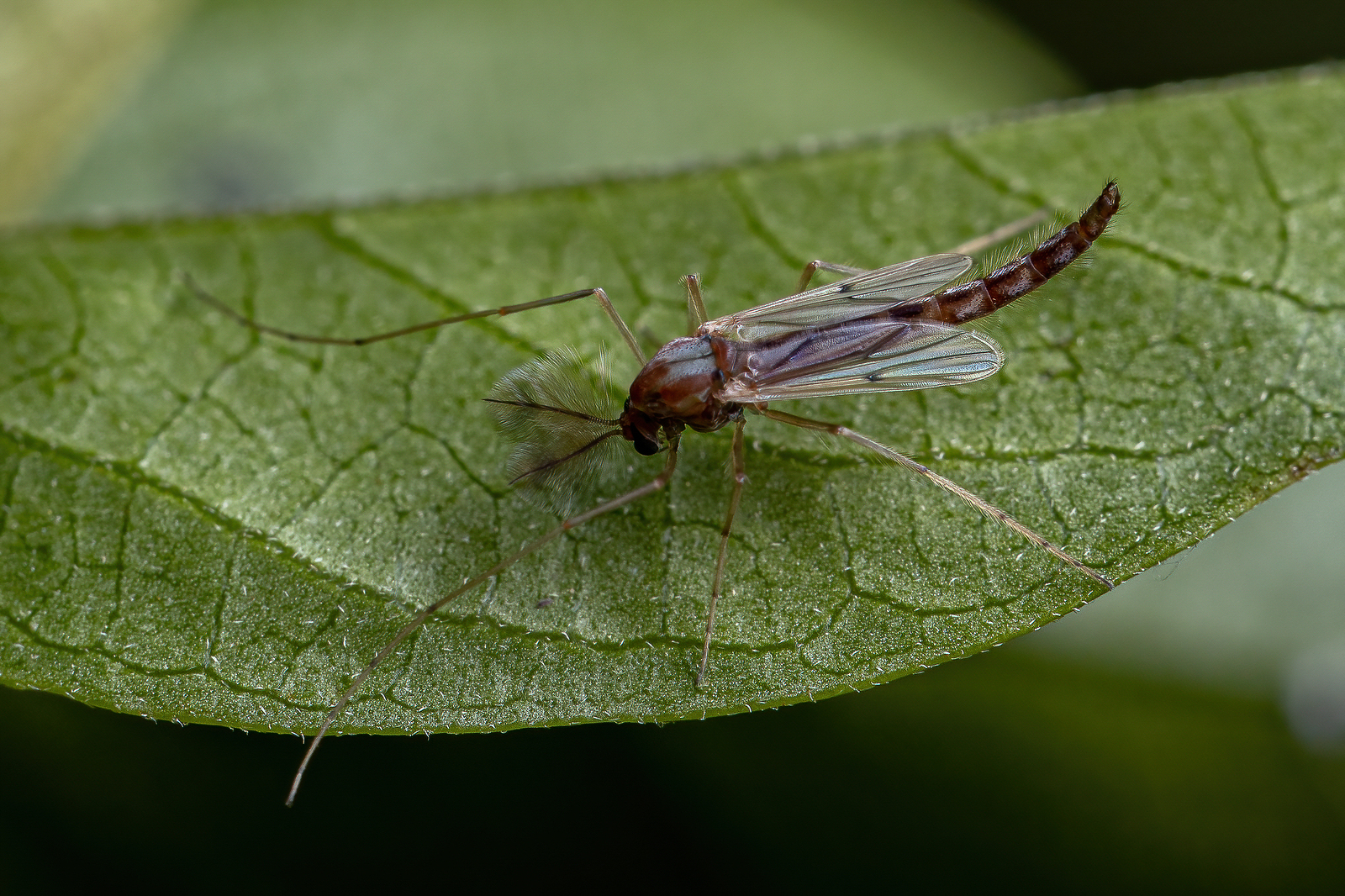Mosquito Control
The mission of Mosquito Control is to control mosquito populations to reduce the risk of mosquito-borne diseases.
Submit a Mosquito Service Request
To log a mosquito complaint or service request, please contact Mosquito Control at 407-742-0505. Please provide your name, phone number and address as the staff will perform a site inspection of the area to determine treatment options.
Controlling Mosquitoes
Mosquitoes around the home can be reduced significantly by minimizing the amount of standing water available for mosquito breeding. Residents are urged to reduce standing water around the home in a variety of ways, including:
- Dispose of tin cans, plastic containers, ceramic pots or similar water-holding containers that have accumulated on your property.
- Empty standing water from used or discarded tires that may have accumulated on your property (e.g. tire swings).
- Drill holes in the bottom of recycling containers that are left out of doors.
- Clean clogged roof gutters on an annual basis, particularly if the leaves from surrounding trees have a tendency to plug up the drains.
- Turn over plastic wading pools when not in use.
- Turn over wheelbarrows and do not allow water to stagnate in birdbaths.
- Change water in birdbaths and wading pools on a weekly basis.
- Aerate ornamental pools or stock them with fish.
- Clean and chlorinate swimming pools that are not being used. Be aware that mosquitoes may even breed in the water that collects on swimming pool covers.
- Clean animal troughs weekly.
- Irrigate lawns and gardens carefully to prevent water from standing for several days.
Mosquito Safety
- There are about 2,800 different species of mosquitoes
- The mosquito females drink blood and the nectar of plants; the males only sip plant nectar
- When a female bites, she also injects an anticoagulant anti-clotting chemical into the prey to keep the victim's blood flowing
- Female mosquitoes find their victims by sight and smell, and also by detecting their warmth
- Not all mosquito species bite humans
- The mosquito is often a carrier of diseases, such as malaria, dengue fever, encephalitis, yellow fever, West Nile virus, dog heart-worm, and many others
- The females, who drink blood, can carry disease from one animal or human to another as they feed
- Female mosquitoes can live as long as one month
- Depending on the species, female mosquitoes may lay 100 to 300 eggs at a time
- Classification: Kingdom Animalia; Phylum Arthropoda arthropods; Class Insecta insects; Order Diptera "two wings"; Family Culicidae
 Undergoing a complete metamorphosis, mosquitoes go through four stages of development during their lifetime: egg, pupa, larva, and adult.
Undergoing a complete metamorphosis, mosquitoes go through four stages of development during their lifetime: egg, pupa, larva, and adult.
The full life cycle of a mosquito takes about a month. After drinking blood, adult females lay a raft of 50 to 400 tiny white eggs in standing water or very slow-moving water.
Within a week, the eggs hatch into larvae sometimes called "wrigglers" that breathe air through tubes that they poke above the surface of the water. Larvae eat bits of floating organic matter and each other. Larvae molt four times as they grow; after the fourth molt, they are called "pupae".
Pupae also called "tumblers" also live near the surface of the water, breathing through two horn-like tubes called siphons on their back. Pupae don't eat.
An adult mosquito emerges from a pupa when the skin splits after a couple of days. The adult lives for a few weeks.
Zika Prevention
There is no vaccine to prevent Zika. The best way to prevent Zika is to protect yourself and your family from mosquito bites. Learn more from the Center for Disease Control (CDC).
Aquatic Midges, also known as "Blind Mosquitoes"
 Blind mosquitoes are a type of freshwater midge. This particular type of midge does not bite, suck blood, or carry diseases. However, blind mosquitoes can still be a nuisance and their populations are often extremely difficult to manage. Learn more about blind mosquitoes and the most effective ways to control their numbers.
Blind mosquitoes are a type of freshwater midge. This particular type of midge does not bite, suck blood, or carry diseases. However, blind mosquitoes can still be a nuisance and their populations are often extremely difficult to manage. Learn more about blind mosquitoes and the most effective ways to control their numbers.
Information provided by the University of Florida IFAS Extension.